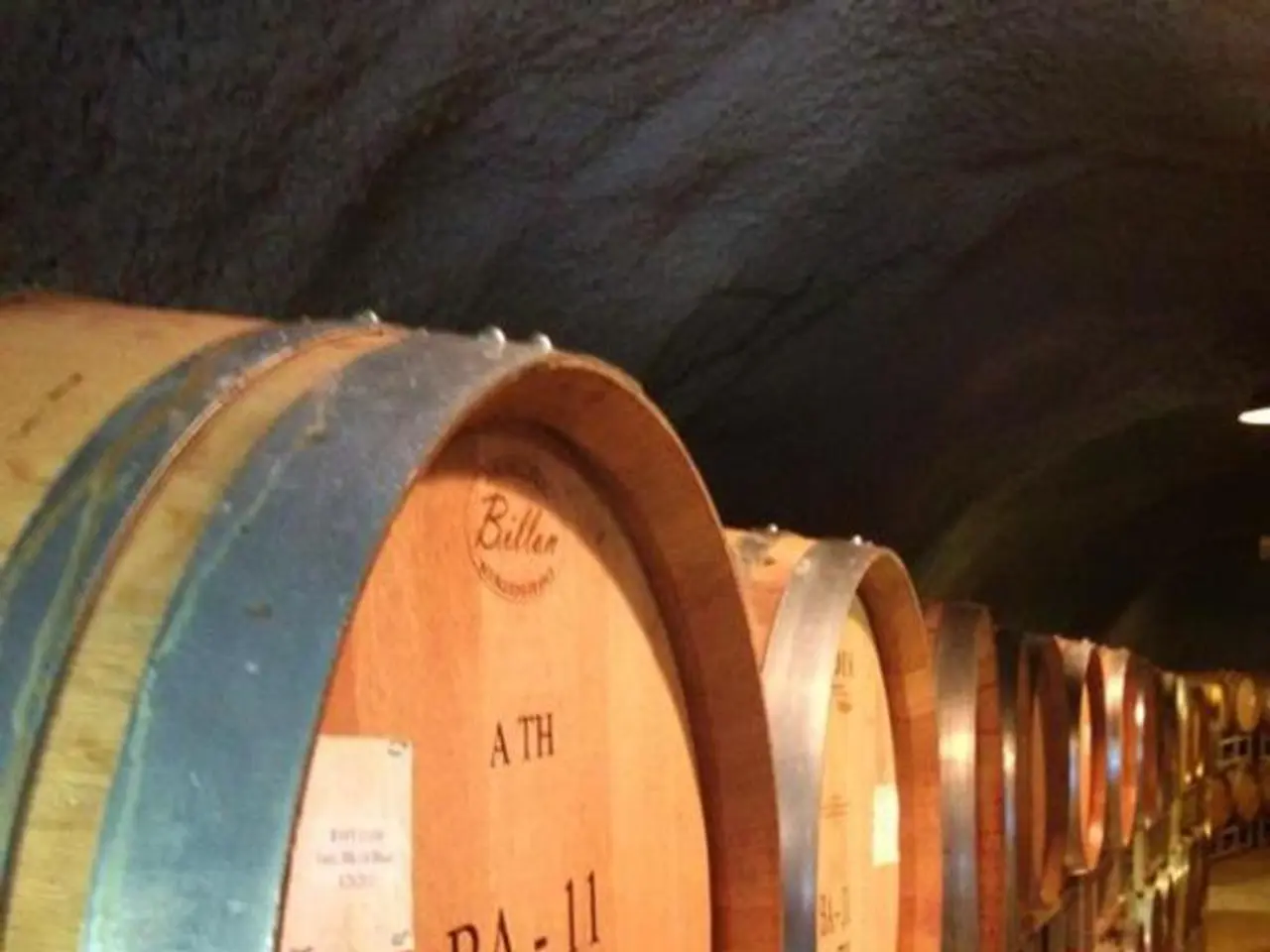Russia Demands Restitution of $1.5 Billion in Taxes Collected from Illicit Oil Exports via Belarus
Russian Vice-Prime Minister Arkady Dvorkovich made statements in 2012 or 2013 (the exact date is not specified) suggesting that Russia and Belarus had an unusual oil supply arrangement. The arrangement involved Russian oil exports to Belarus that were allegedly disguised by blending or mixing with solvents.
This practice was used as a way to bypass customs duties, sanctions, or export limitations by reclassifying crude oil as lighter substances, such as solvents. This allowed Russia and Belarus to continue their oil trade despite restrictions or unfavourable regulations that were in place at the time.
While the specifics of the solvents used as a disguise in the 2012-2013 arrangement are not detailed in the available search results, the use of solvents or blending agents to mask oil's true characteristics is a known method to avoid sanctions or tariffs on oil products in various contexts historically.
During the negotiations, Russian officials suggested that Belarus could export oil products disguised as solvents and thinners, as they are not subject to Russian duty. The talks were held to discuss alterations to the regulatory act regarding oil shipments and aimed to avoid repeating the issues of last summer's exports of so-called solvents.
The negotiations, which took place in Moscow in Q4 of both 2012 and 2013, were attended by Belarus' vice-PM Uladzimir Siamashka and Russia's deputy Minister of Economy Anatoly Frolov. The subject of the negotiations was the volume of oil shipments for both the current and next year.
Belarusian Prime Minister Mikhail Miasnikovich announced that the export of solvents from Belarus was halted in early August, 2013, to avoid causing distrust among Russian partners. BelaPAN reported that a proposition about the oil supplies was voiced during the negotiations.
However, no direct specific sanction framework or EU measures from 2012-2013 related to this practice are detailed within the provided search results. For authoritative and detailed historical confirmation on the exact agreements or technical specifics in 2012-2013, specialized trade, energy, or sanction-related investigative reports would be required beyond the given search results.
The unusual oil supply arrangement between Russia and Belarus, as suggested by Vice-Prime Minister Arkady Dvorkovich in 2012 or 2013, involved the use of solvents to conceal oil exports, a tactic often employed in the energy industry to circumvent customs duties, sanctions, or export limitations. During the negotiations held in Moscow in Q4 of both 2012 and 2013, Russian officials and Belarusian counterparts discussed the potential for Belarus to export oil products disguised as solvents and thinners, a move that would shield them from Russian duty and possibly other regulatory restrictions within the finance and business sectors.




